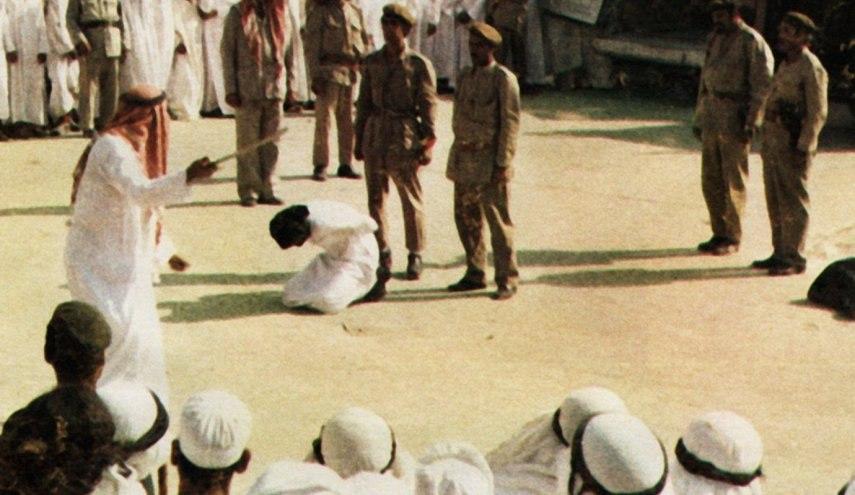
In anticipation of how the government of the Kingdom of Saudi Arabia will handle the death penalty issue and the possibility of its increased use after the end of the Corona pandemic measures, ESOHR believes that implementing any death sentence amid the ongoing debate in the Shura Council regarding the abolition of the discretionary death penalty will represent a clear disregard for life.
According to reports, a member of the Shura Council has recommended the elimination of the death penalty from all ta’zir [discretionary] punishments, in favor of being content with hudud punishments, in accordance with Islamic law and its interpretations as followed in Saudi Arabia. This debate came two weeks after Saudi Arabia announced the end of flogging as a ta’zir punishment on 24 April 2020, after a study presented by the General Commission for the Supreme Court recommended jail time and/or fines or alternative punishments, according to the regulations and decisions issued by the guardian in this regard.
Furthermore, the discussion about abolishing ta’zir death penalties came after the Human Rights Commission issued a royal order requiring the implementation of the Law on Juveniles, which forbids the ta’zir execution of minors. However, according to ESOHR’s information, no official action has been taken yet for defendants facing the death penalty or their families.
Ta’zir punishments are subject to the discretionary power of the judge, and death sentences handed down in this way rely on extremist and unusual interpretations that are not followed by most Islamic schools of jurisprudence.
Amid the absence of a professional, independent, and fair judiciary, sentences revolve around official government guidelines. Many political and discriminatory death sentences are issued, which are also unfair due to violations involved in the trial.
ESOHR is concerned that ta’zir death sentences will be carried out even as their abolition is being debated. For two years, ESOHR has monitored Saudi Arabia’s failure to comply with the Law on Juveniles, issued in 2018, as the public prosecution, the judiciary, the royal court, and Saudi executive authorities continue to issue and carry out death sentences against minors.
Despite circulation of the recent royal order related to abolishing the ta’zir death penalty against minors, no serious steps have been taken to protect minors currently under threat of execution. According to ESOHR, at least 13 minors are currently on death row, which raises concerns that the Saudi government may be manipulating the laws to continue issuing death sentences under other legal standards, such as qisas [retribution] and hudud punishments.
ESOHR believes that the illegal executions of minors carried out by the Saudi government reveal the nature of the government’s disregard for human life and demonstrate how the death penalty is used in cases regardless of the laws.
ESOHR knows that the issuance of such laws is not sufficient to protect the freedom, life, and wellbeing of individuals. In fact, such laws demonstrate a lack of responsibility in previous executions. According to ESOHR monitoring, 49% of the executions carried out from 2015 to the end of 2019, were ta’zir sentences, and ESOHR observed serious abuses in many of them.
ESOHR believes that the government has used the royal order eliminating the death penalty against minors and the decision to end flogging as a ta’zir punishment to mislead public opinion about the current reality and the ongoing threat to the lives of minors. Therefore, the current discussion around abolishing ta’zir death sentences may be merely an attempt to promote so-called reforms in conjunction with the upcoming G20 summit in Riyadh, in November 2020.
ESOHR stresses that constructive steps include suspension of all current sentences and retrial to ensure fair trials, especially with regard to coercion in extracting confessions and granting the right to self-defense. Also to be discussed is the possibility of issuing a law prohibiting ta’zir killing that must clearly halt current death sentences, whose final numbers are difficult to calculate given the lack of transparency in official dealings. Of these, ESOHR has been able to monitor 52 cases, most of them related to prisoners of conscience, including minors. If implemented, this decision also calls for an investigation into sentences that have already been implemented and accountability for those responsible for any violations committed. Facebook Twitter Email
